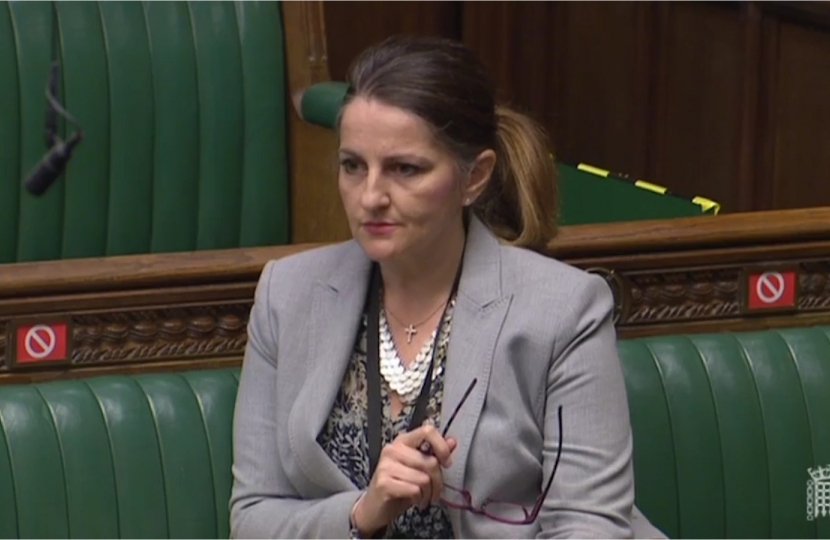
It’s been a fiery week in Westminster. For the first time since the 1998 Scotland Act that created the Scottish parliament, the UK government will veto Scottish parliament legislation.
And the subject of this unprecedented move? First Minister Nicola Sturgeon’s controversial Gender Recognition Act. For those who don’t know, this new law allows people, from the age of sixteen, to change their gender without any medical recourse and after living three months in their assumed gender.
And why the veto? Because this proposed new law would have serious implications, most particularly for women and children, and be at odds with the UK-wide 2010 Equality Act. The UK government has a responsibility to ensure legislation from devolved administrations does not have an “adverse effect” on the operation of the law as it applies across the whole UK.
The veto now sits with the courts. The debate will go on and not just in Westminster.
There is no question that gender dysphoria requires the utmost sensitivity and for children, particularly careful support. Sadly, during the debate, MPs who spoke up for important safeguards for women were castigated as transphobic. How toxic this has all become and how chilling on free speech. You can no more change your sex than you can change your biological parents or your place of birth although it’s become almost heresy to say it despite the obvious truth of that statement. I have recently raised concerns at the Education Select Committee about how this is addressed in schools, and I welcome the new guidance to come from the government for teachers on this issue. I know how difficult this whole area is from my casework too.
I am pleased to say that the online safety bill passed through its Commons Stage this week and two amendments I championed won government support. One related to action against Tik Tok ads promoting small boat crossings. The other seeks to change the corporate culture of tech platforms by introducing an element of individual criminal liability. As the Secretary of State said, this gives the Act additional teeth to ensure people are held to account if they fail to properly protect children. Financial penalties too often can be weathered. This could mean a jail term.

